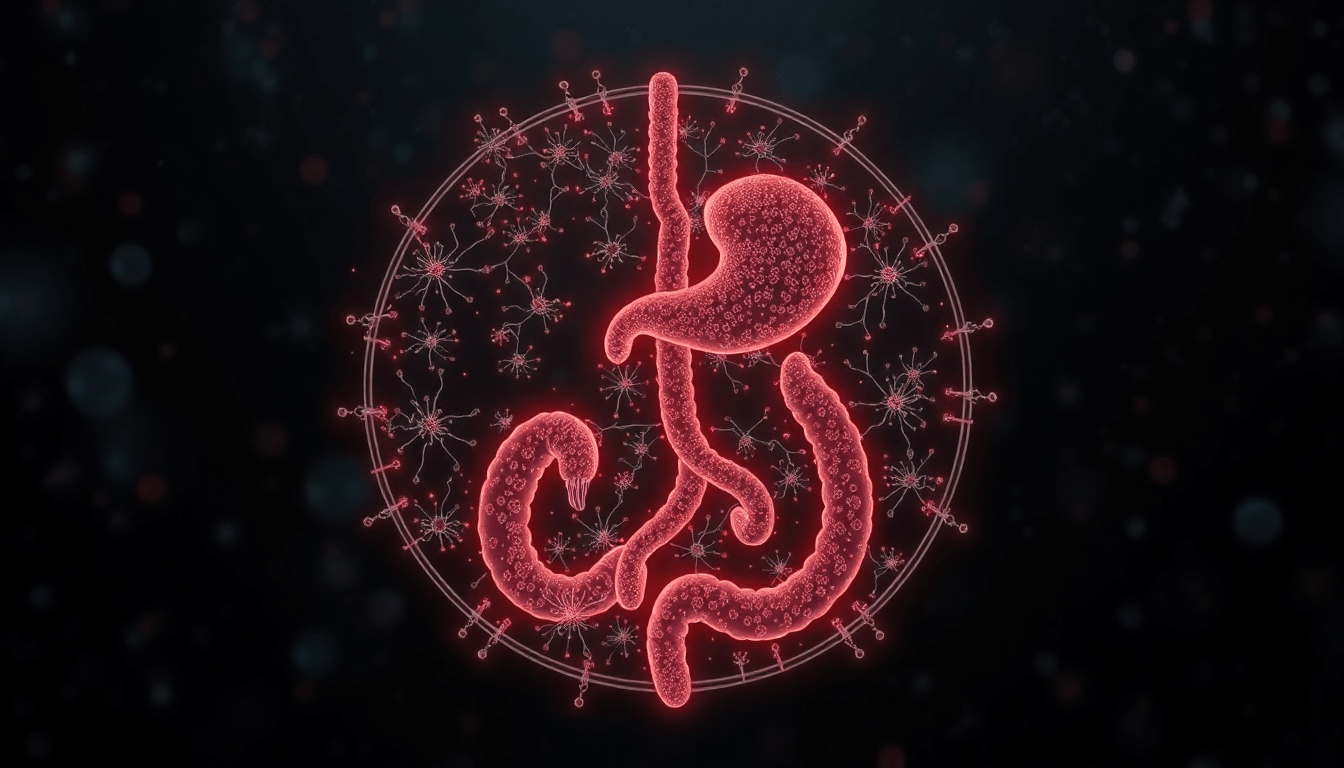
How to Balance Your Gut Microbiome with Diet and Lifestyle Changes
How to Balance Your Gut Microbiome with Diet and Lifestyle Changes The gut microbiome is a vast community of bacteria,... Read more
Spotting the symptoms of gut imbalance early can help you take action before digestion or mood shifts worsen. The phrase symptoms of gut imbalance isn’t just marketing talk—it’s a useful reminder that your gut communicates with every part of your body. When these signs appear, they often point to shifts in the gut microbiome that can be addressed with targeted lifestyle tweaks and personalized guidance. Below, you’ll find seven common early symptoms of gut imbalance to watch for, plus what they might mean and how to respond. Watch for these seven early symptoms of gut imbalance: 1) Bloated, swollen feeling after meals; 2) Frequent gas or belching that won’t go away; 3) Discomfort or cramps in the abdomen that recur; 4) Irregular bowel habits, including occasional constipation, loose stools, or alternating patterns; 5) Fatigue, low energy, or brain fog despite adequate sleep; 6) New or worsened food sensitivities or unusual sugar cravings; 7) Skin changes such as breakouts or eczema flare-ups. If you notice two or more of these symptoms persisting for a couple of weeks, it’s worth digging deeper into your gut health and talking with a clinician if needed. For a data-backed way to understand your unique gut dynamics, consider tools that quantify gut health and track progress over time. What these symptoms mean can vary, but they often reflect shifts in the gut microbiome balance, gut barrier function, or inflammatory signals. A gut health platform can help by analyzing your microbiome composition and why certain foods or lifestyle factors are affecting you. If symptoms persist or escalate, seek care to rule out other conditions. At the same time, you can start practical steps today to support a healthier gut. You can learn more about how tools like InnerBuddies measure and interpret your gut health, including their Gut Microbiome Health Index and personalized insights, by exploring their microbiome test options and white-label capabilities. For consumer-facing solutions, you can explore the product page for the microbiome test: InnerBuddies microbiome test, and for ongoing guidance, you can consider a deeper membership: gut health membership. If you’re a business exploring partnerships, see how to become a partner: become a partner. Simple steps you can take today to restore digestive health include staying well hydrated, increasing soluble and fermentable fiber from fruit, vegetables, oats, and legumes, and diversifying your daily plant foods to support a robust microbiome. Regular meal timing, mindful eating, and minimizing highly processed foods and added sugars can also reduce gut stress. Consider a structured approach that combines diet with targeted probiotics or prebiotics tailored to your unique gut microbiome—something InnerBuddies specializes in through its personalized nutrition and probiotic guidance. If you want a deeper, data-driven path, you can learn more about how their platform assesses target groups (like Healthy Aging or Skin & Hair Health) and compares your bacteria abundances and functions against a healthy cohort. To explore practical, personalized options and see how real-world testing can guide your steps, check out the product and membership pages above, and if you’re a company interested in white-labeling a comprehensive gut health operating system, the B2B opportunity is at become a partner.

How to Balance Your Gut Microbiome with Diet and Lifestyle Changes The gut microbiome is a vast community of bacteria,... Read more